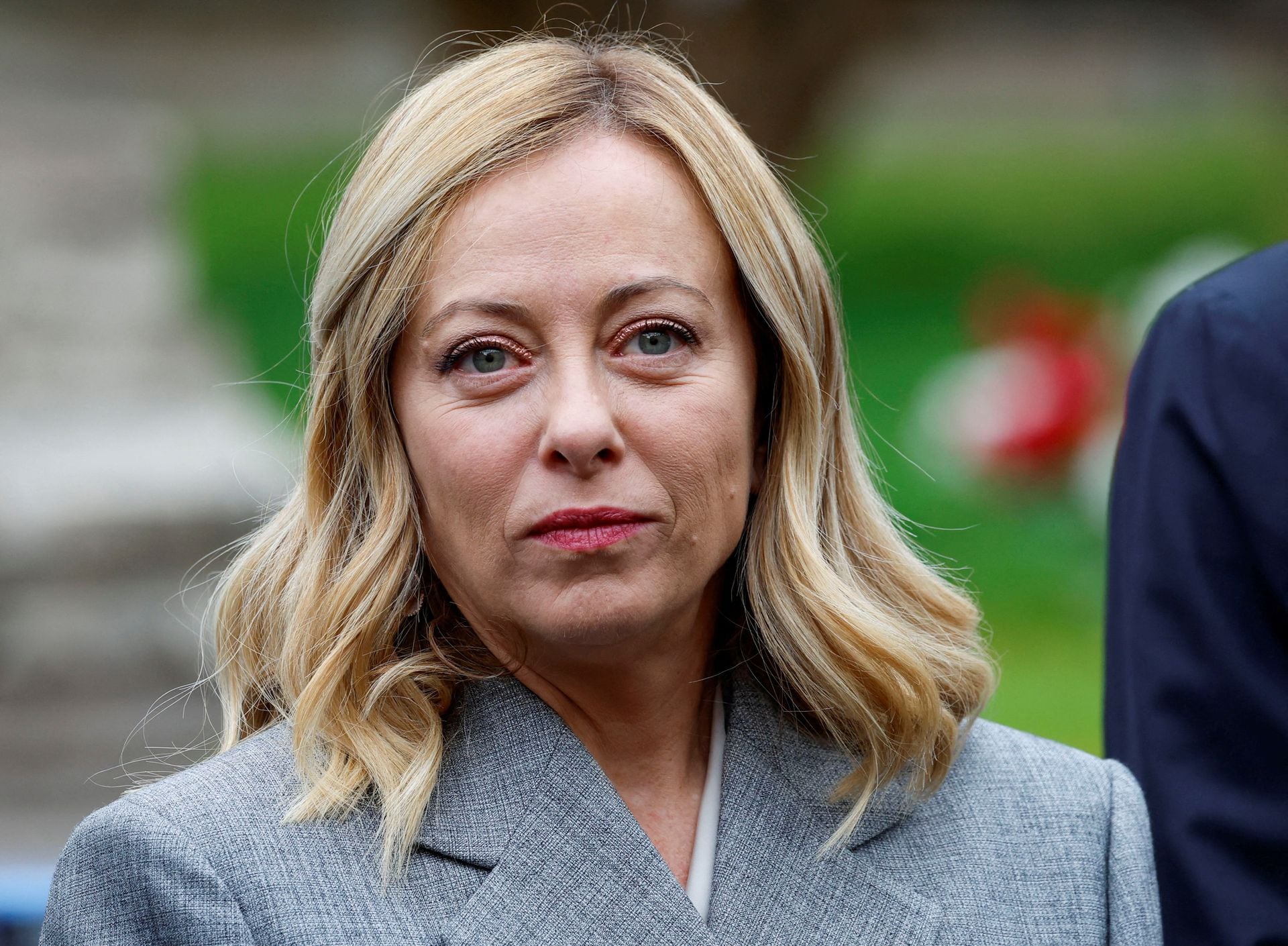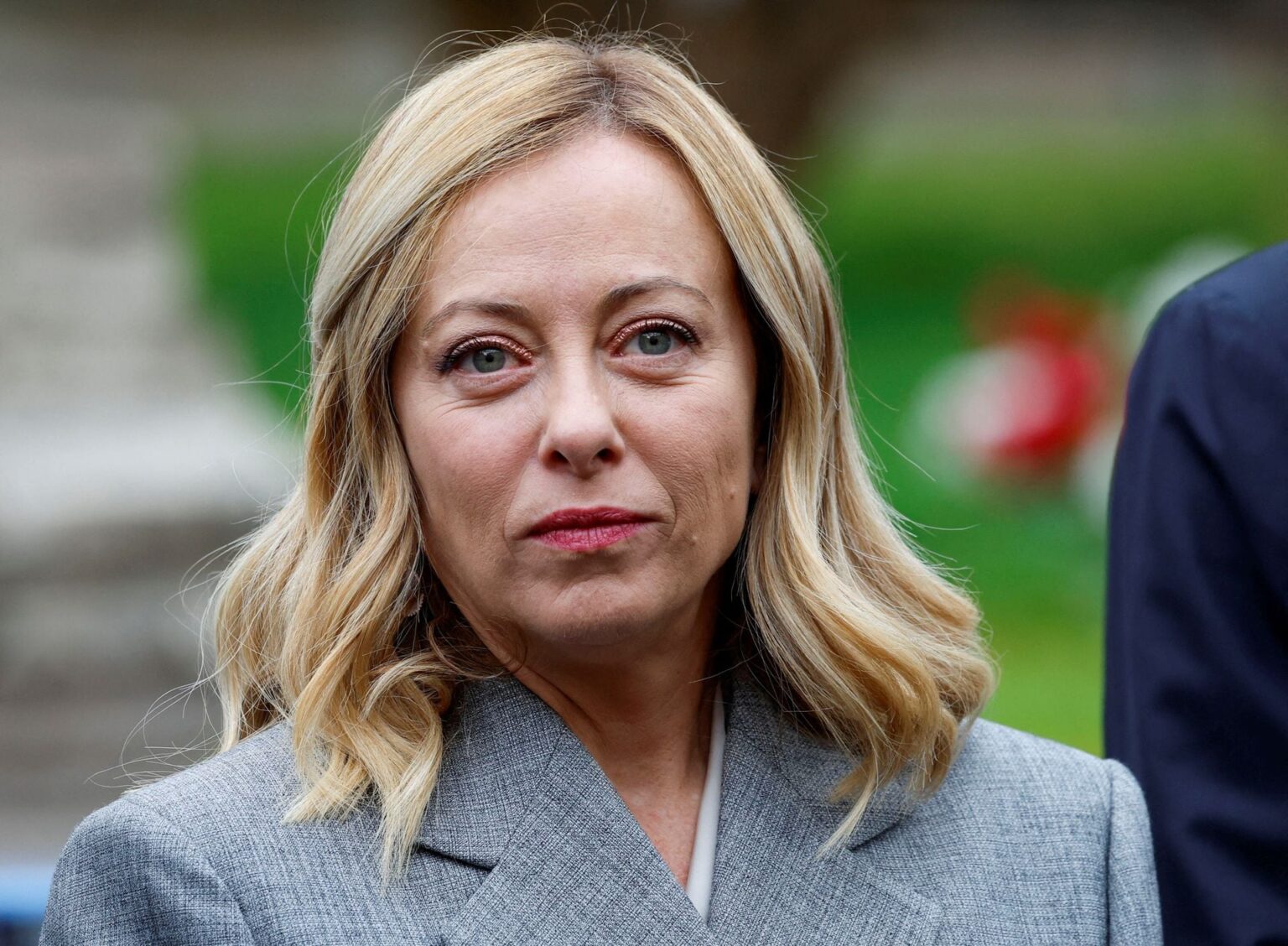
ROME, Jan 26 (Reuters) – African leaders converge on Rome this weekend for a summit where Prime Minister Giorgia Meloni will finally unveil a strategic plan aimed at redefining Italy’s relations with the continent and curbing immigration.
The so-called Mattei Plan, named after the late Enrico Mattei who founded Italian energy giant Eni in the 1950s, has been billed as a cornerstone of Meloni’s foreign policy as she looks to enhance Rome’s diplomatic footprint.
More than 20 heads of state and government will be in Rome for the event, which kicks off with a dinner on Sunday ahead of the official summit on Monday where Meloni will present Italy as the natural bridge between Africa and Europe.
While the details of the plan have been kept secret, Italy has said it wants to serve as a transit hub for African energy while stimulating investment in an effort to curb illegal immigration across the Mediterranean.
“What needs to be done in Africa is to build cooperation and serious strategic relationships as equals, not predators,” Meloni told a news conference this month.
“What needs to be done in Africa is to defend the right not to have to emigrate … and this is done with investments and a strategy,” she said, promising that Africa would be a priority for Italy during its current presidency of the Group of Seven.
The prime minister is set to outline an array of projects on Monday ranging from health and education to infrastructure and agriculture, with energy lying at the heart of the plan.
Rome has also said that 70% of its climate fund – an investment programme to promote international environmental projects – would be allocated to Africa.
CASH STRAPPED
One of the problems Meloni faces is that heavily indebted Italy does not have the funds needed to become a major player in Africa, where China, Russia and Arab states have grown increasingly assertive.
“It would be foolish to think you can compete with China, the United Arab Emirates, or even Turkey,” said Arturo Varvelli, director of the Rome office of the European Council on Foreign Relations think-tank.
“To make sense, this will have to fit into a broader picture of existing European Union initiatives,” he said.
Highlighting Italy’s reliance on EU support, the presidents of the European Commission, Council and parliament are all expected in Rome for the summit.
Meloni will also lean heavily on the corporate sector, with state-controlled Eni certain to play a prominent role. Founder Mattei expanded Italy’s presence in Africa, presenting his company as a friendly alternative to U.S. and French oil majors.
Taking advantage of Russia’s exclusion from the European energy market following the 2022 invasion of Ukraine, Rome has said it should serve as an energy gateway transporting natural gas and hydrogen from Africa to its EU partners.
But climate change experts question the wisdom of sinking significant new investments into gas infrastructure when existing projects already guarantee Italy’s energy security.
Climate think-tank Ecco said Italy should focus instead on renewable energy, estimating that Africa held about 60% of all the world’s suitable areas for solar electricity production.
“So far, however, renewable energies have received only a fraction of the attention and funding compared to gas projects,” it wrote in a report this week.
Meloni is not the first Italian leader to seek better ties with Africa and draw a veil over Italy’s fraught colonial legacy, which Rome has never wanted to confront.
But since taking office in 2022, she has put greater focus on the region than most of predecessors, seeing economic cooperation as the best way to stem a surge of migrant arrivals.
“My goal is to work in Africa and block the departures in Africa,” she said this month.

